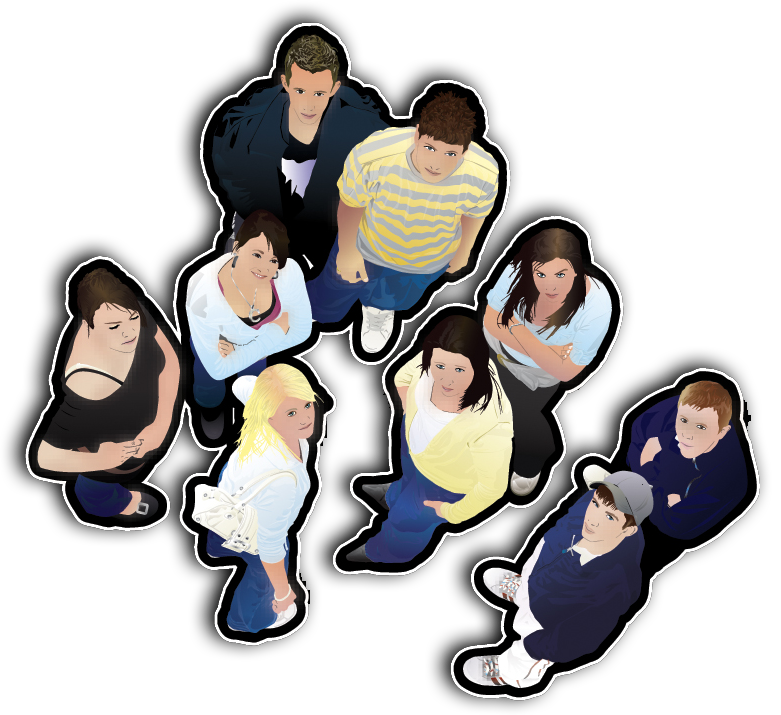It is against the law for anyone to take, share, or have a nude photo of anyone under 18.
It is also important to be aware of how sexting can affect your physical and mental health.
What is sexting?
Sexting is the taking and sharing of sexual and explicit images.
These images and videos are usually shared on social media or over text message. They can be shared on any device. This includes smartphones, tablets, and laptops.
Police may also call this youth produced sexual imagery or YPSI. It is a criminal offence in these instances.
Why shouldn't I send nudes?
By sending indecent pictures of a person under 18 to someone else you could be breaking the law.
If you have an indecent image of a young person on your phone, you are committing an offence. Even if it's a selfie.
Once a picture leaves your phone, it could end up anywhere. The bus driver, the shop keeper or even your mother could see the image. You have no control over where it goes or who sees it.
What do I do if I’ve sent a nude?
If you've done sent an image, there are lots of people who can listen and help.
Speak to a trusted adult straight away. This could be a parent or carer, a teacher, or another adult you can trust. Although this can be embarrassing it is important you get help and support.
If you tell a school member of staff, they will pass it onto the designated safeguarding lead. From there they will decide if they want to report as a crime and will be able to offer you support and advice.
Speak to the person you have sent the ‘sext’ to and have an honest conversation. Ask them to delete the image and if it’s gone onto any social media platforms to take these down straight away. Make sure you report the image to the social networking site.
If you aren’t sure what you should do you can always call Childline. They can support you and talk to you about what’s happened. Childline help all young people, not just children. You can call them on 0800 1111 or contact them online.
